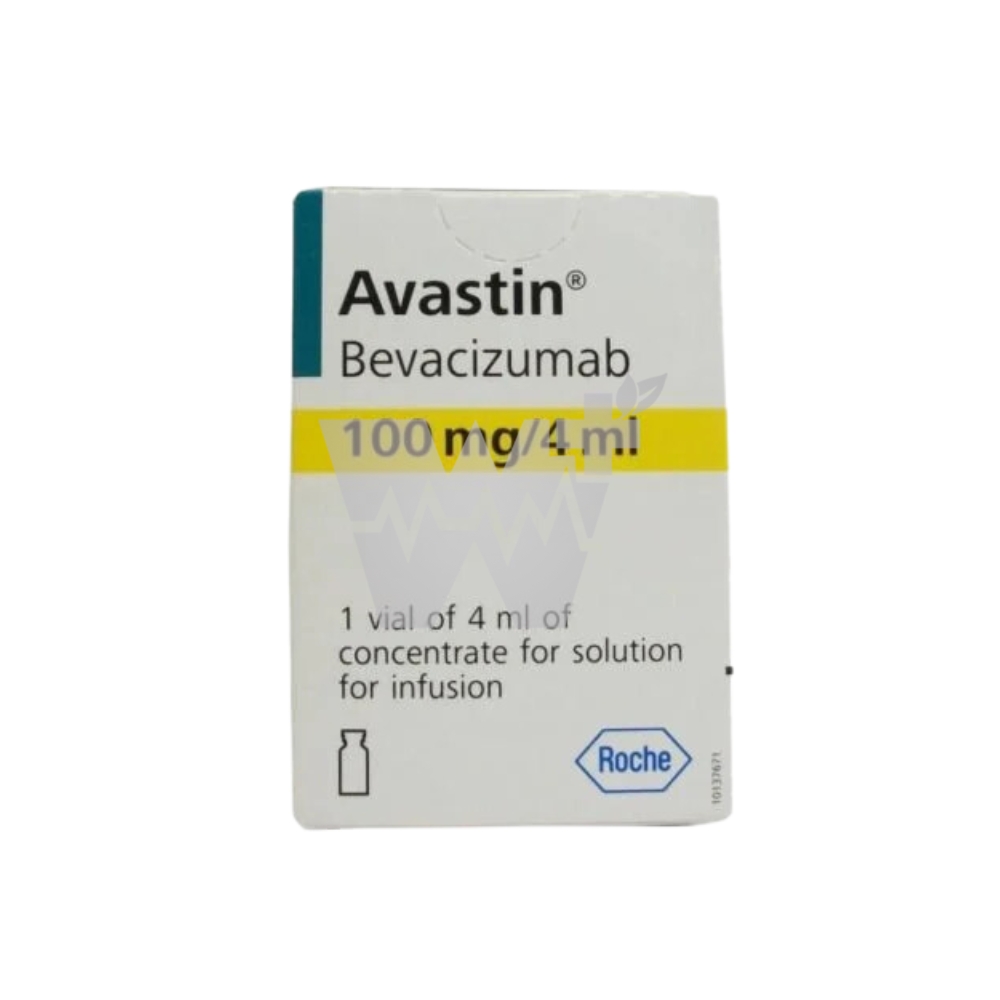



Introduction to Avastin (Bevacizumab)
Avastin (Bevacizumab) is a vital component in the treatment arsenal against certain types of cancer. It belongs to a class of medications known as Antineoplastic agents, designed to combat cancer by targeting specific pathways involved in tumor growth and progression.
Uses of Avastin (Bevacizumab)
Avastin (Bevacizumab) is used:
In combination with fluoropyrimidine-based chemotherapy to treat metastatic colorectal cancer in adults.
In conjunction with Paclitaxel or Capecitabine for managing metastatic breast cancer in adult patients.
Alongside platinum-based chemotherapy for the treatment of advanced non-small cell lung cancer without epidermal growth factor receptor mutations.
Combined with Erlotinib to treat metastatic non-small cell lung cancer with epidermal growth factor receptor mutations in adults.
Benefits of Avastin (Bevacizumab)
Enhances the effectiveness of chemotherapy by targeting blood vessel growth within tumors, thereby reducing tumor size and progression.
Improves overall survival rates and quality of life for patients with metastatic colorectal cancer and metastatic breast cancer.
Provides a targeted therapy approach that complements standard chemotherapy regimens, potentially leading to better treatment outcomes.
Mechanism of Action of Avastin (Bevacizumab)
Avastin (Bevacizumab) works by inhibiting vascular endothelial growth factor (VEGF), a protein that stimulates new blood vessel formation (angiogenesis) within tumors. By blocking VEGF, Avastin prevents the growth of new blood vessels, thereby starving the tumor of its blood supply and hindering its ability to grow and spread.